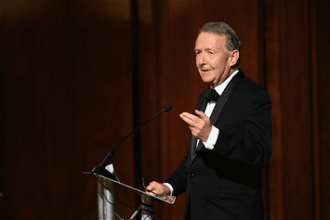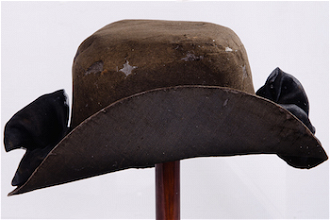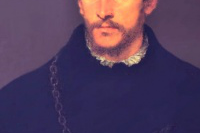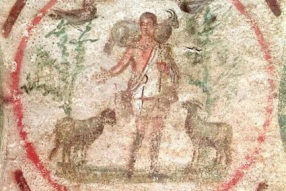Tyburn lecture: Human rights and the trial of St Edmund Campion
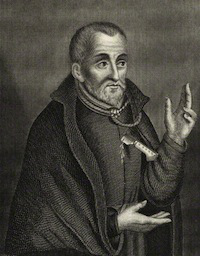
St Edmund Campion - National Portrait Gallery
A retired High Court judge will consider the trial of one of the most famous of the English Catholic martyrs in the context of human rights at a lecture in London next week. Sir Michael Tugendhat, who until June last year served as the most senior "media judge" in England and Wales, will speak about trial of St Edmund Campion when he delivers the 14th Tyburn Lecture on Tuesday 12 May.
St Edmund was martyred at Tyburn on December 1, 1581, just yards from Tyburn Convent, where Sir Michael will deliver his lecture. The martyr had been described as "one of the diamonds of England " by Lord Burghley, the Secretary of State of Queen Elizabeth I, before he abandoned his Anglican ministry, became a Catholic and one of the first Jesuit priests on the English Mission.
He was famous for his "Brag", a paper in which he told Protestant divines that the Catholic Church would survive persecution in England, with Jesuits forming a league to "cheerfully carry the cross you shall lay upon us, and never to despair your recovery while we have a man left to enjoy your Tyburn, or to be racked with your torments, or consumed within your prisons."
Following his capture in July 1581, St Edmund endured four months of torture in the Tower of London. His fingernails were torn out and he was racked so severely that he was unable to raise a hand to take the oath at his trial in Westminster Hall.
Along with 19 others he was charged with treason under an Act of 1351 that did not pertain to religion. The purpose was to send out the message that the priests were not condemned for their faith. Speaking for the group, St Edmund refuted the charge of treason during the trial, arguing that they were "as true subjects as ever the Queen had" and were condemned for their faith alone.
His arrival in England in 1580 corresponded with the most intense period of persecution of Catholics in England, when some 300 people died for their faith in the final two decades of Elizabeth's reign - many of them at Tyburn - while many others suffered and died in prisons.
Before his retirement, Sir Michael Tudgendhat was involved in a number of high-profile media cases. As a judge he dismissed a 2010 claim for super-injunction brought by England and Chelsea footballer John Terry and as a barrister he represented the actor Michael Douglas in his 2002 claim against Hello! magazine. He was appointed to the High Court in 2003 and in 2010 he was appointed Judge in Charge of the Non-Jury List, sitting full time in London specialising in media cases. Since his retirement, he has written a number of articles in for the Catholic Herald magazine, including one entitled "How the Tudors got away with murder" (February 27, 2015).
For more information please contact Tyburn Convent on either 0207 723 7262 email: info@tyburnconvent.org.uk
Website for Tyburn Convent: www.tyburnconvent.org.uk



